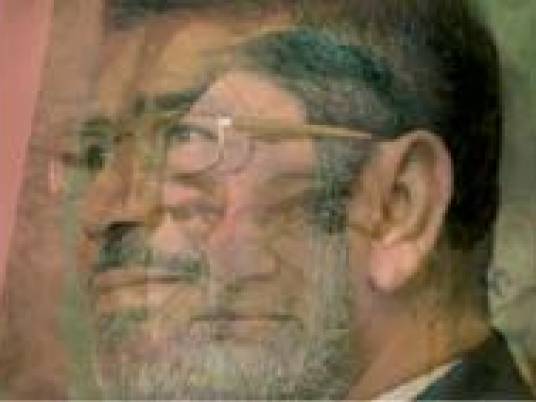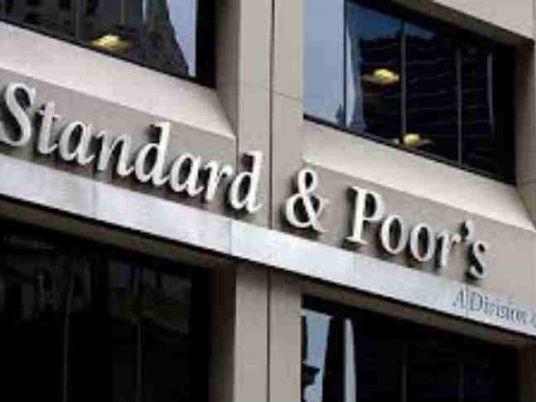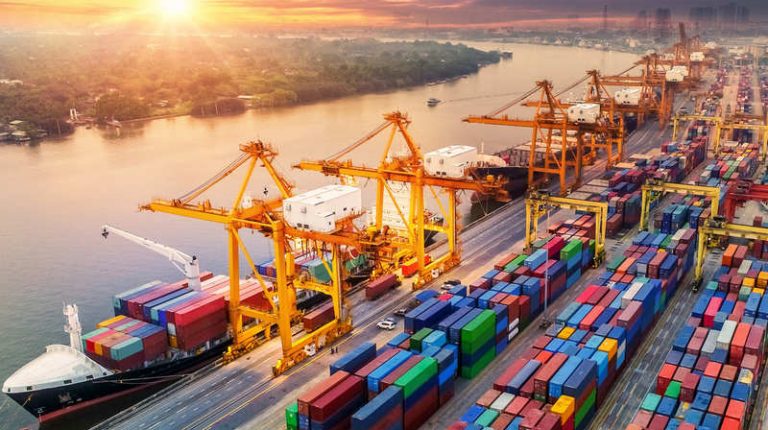
This piece was written for Egypt Independent's final weekly print edition, which was banned from going to press. We offer you our 50th and final edition here.
On the macroeconomic level, the closure of a newspaper is a nonevent.
It is one among countless other closures of factories, shops or small businesses in a country suffering from numerous economic ailments.
If the precise total number of closures is not available, a recent survey estimated that about 4,500 factories have closed since the revolution.
While this crisis is, without any doubt, fueled by political instability, it can also be attributed to the failure of the economic model set up by the former regime of ousted President Hosni Mubarak. The perpetuation of these policies under the current regime, along with the lack of an alternative economic model, will remain an insurmountable obstacle to more egalitarian development in Egypt.
Unsustainable development
The 2000s saw a number of controversial economic policies, as well as a period of robust economic growth — at least on paper. It was often noted, however, that the benefits of growth never managed to trickle down to the people who needed it most.
Said policies mainly focused on the development of what economists call “rents”: oil and gas extraction, tourism, Suez Canal revenues and foreign direct investments.
However, experts have repeatedly underlined the risks of relying too much on these revenue sources.
“It is a risky strategy, especially for a country that relies so much on vital imports,” says Samer Atallah, economics professor at the American University in Cairo. “These rents are too sensitive to external or internal shocks to be our main sources of revenue.”
Oil and gas production has declined in the last two years for a variety of reasons: limited or less accessible reserves, delayed payment by the government, and an ill-adapted contractual frame, among others.
Tourism and foreign direct investments have also shied away from the reigning political instability, and, in turn, the rents are no longer able to cover the rising trade deficit. According to Central Bank of Egypt data, the sum of tourism and Suez Canal revenues, along with foreign direct investments, only covered 28.5 percent of imports in 2011/12 against 55 percent in 2007/08.
The overall strategy is obviously unsustainable in the long run, the current turmoil notwithstanding.
While tourism and Suez Canal revenues have reasonable growth potential, Egypt is bound to become a net oil and gas importer, putting more strain on its hefty energy subsidy bill. Its strategy of development through energy-intensive industries such as cement, steel or fertilizers would have been doomed anyway.
“The current system is unsustainable and does not have any real local added value besides the precarious and underpaid jobs that it generates,” says Amelie Canonne, co-president of IPAM, an expertise group that pursues economic and social research on common issues to north and south countries.
The economic model reflects other neoliberal experiences worldwide.
“Such policies, with local differences, have been widespread in Africa and Latin America in the last decades and have failed everywhere,” says Canonne. “They create a vicious circle of economic and social crises. The worst is that the solutions to end the crises are the very same as those which triggered them.”
Same game, same results?
While the current financial crisis calls for a bold plan, little has been done and the announced reforms toe the same neo-liberal line.
A bundle of tax rises and subsidy cuts comprise the reforms that are seen as conditions tied to the pending International Monetary Fund loan, worth an expected US$4.8 billion, though Egypt may end up asking for a larger sum. As the government tries to push these decisions though, it is faced with social conundrums and has repeatedly been forced to rescind. That’s besides being harshly criticized for following the same, tired, tried-and-tested measures that have borne little fruit.
“We believe that after the revolution, [former President Hosni] Mubarak’s economic policies should have been reviewed. If we play the same game, we will get the same results,” says Reda Issa, an independent economist.
“Even the IMF asked the government to choose the right time to reform and to spare the poor. But they did not listen,” says Issa.
Austerity measures will not spare companies either.
“The success of the energy subsidy reform is linked to a clear vision of how to help both consumers and industries get through the difficult period,” says Atallah. However, no such plan has been put forward to help these sectors and develop others to spur recovery in the overall economy.
Small- and medium-sized enterprises (SMEs), the biggest job providers in the country, are suffering, stuck between inflation, energy shortages and low demand.
“Undetailed promises were made during the [presidential] campaign, but nothing significant has happened since,” says Atallah.
“Supporting the creation of SMEs rather than handing over all the markets and public procurement to foreign companies and their local subsidiaries should be the priority,” says Canonne.
Real issues ignored
The current financial situation has heightened the need for reforms that will increase state revenues and rationalize costs. But little has been done by the government and forthcoming changes indicate that there will be no straying from the way of the old regime.
On the revenue side, the government has resorted to indirect taxes rather than income tax to increase its revenues. The decision to raise the tax exemption level is mainly cosmetic, as most Egyptians evade income tax.
“The philosophy of the government is not to place an additional burden on the rich by making the income tax more progressive,” says Atallah.
Revoking a planned capital gains tax, on profits from dividends as well as mergers and acquisitions, is further proof.
According to Issa’s calculations, in the last six years, 60 percent of tax revenues came from citizens, 28 percent from the Egyptian General Petroleum Corporation (EGPC) and Suez Canal, and only 16 percent from other companies.
“The government resorts to indirect taxes to increase its revenues, like during the old regime,” Atallah says. “It is time to re-evaluate.”
This while the more pressing issue of tax efficiency has gone by the wayside and the massive informal sector remains well out of the tax authority’s reach.
On the spending side, administration wages, subsidies and debt servicing account for 74 percent of spending, according to Finance Ministry data. They alone surpass official government revenues.
However, as Canonne asks, “Are we sure those costs benefit the population?
“They did not review any of the old policies. They kept the unfair tax system, they did not touch the special funds, which represent 20 to 25 percent of the budget,” Issa adds.
It leaves little room to spend on basic public services such as education and health. According to Issa, debt servicing alone exceeds education, health and food subsidy expenditures.
Education spending in the budget has shrunk in the last decade, while the number of students has swelled. According to the Central Agency for Public Mobilization and Statistics, the share of education in the budget has gone down from 17 percent in 2001/02 to 10.6 percent in 2011/12.
The share of university spending has been halved in the same time span.
Though health spending has remained steady in the last decade, Egypt ranked 161 out of 187 worldwide when it comes to the health spending share in gross domestic product, according to the World Health Organization.
Now what?
While the government openly chose the path of spending cuts, some experts criticize this decision.
“Austerity policies have a much higher cost in times of economic and social crisis. Investing in public services, social policies, education, health [and] housing is costly, but it yields,” says Canonne.
However, such opinions are rare in the country. More generally, few alternative economic models have been suggested since the revolution.
The presidential elections highlighted the lack of depth of the economic programs of the different candidates.
Co-organizer of the World Social Forum in Tunis, Canonne has regretted the lack of a “strong alternative development vision” from Arab civil society during the event.
“A political solution has to come first,” says Issa. “No economic solution will come without security and unity.”
Egyptian experts also argue the lack of political transparency and available data impedes them from coming up with an all-encompassing development plan.
“In Egypt, we work in an obscure room,” says Atallah.




